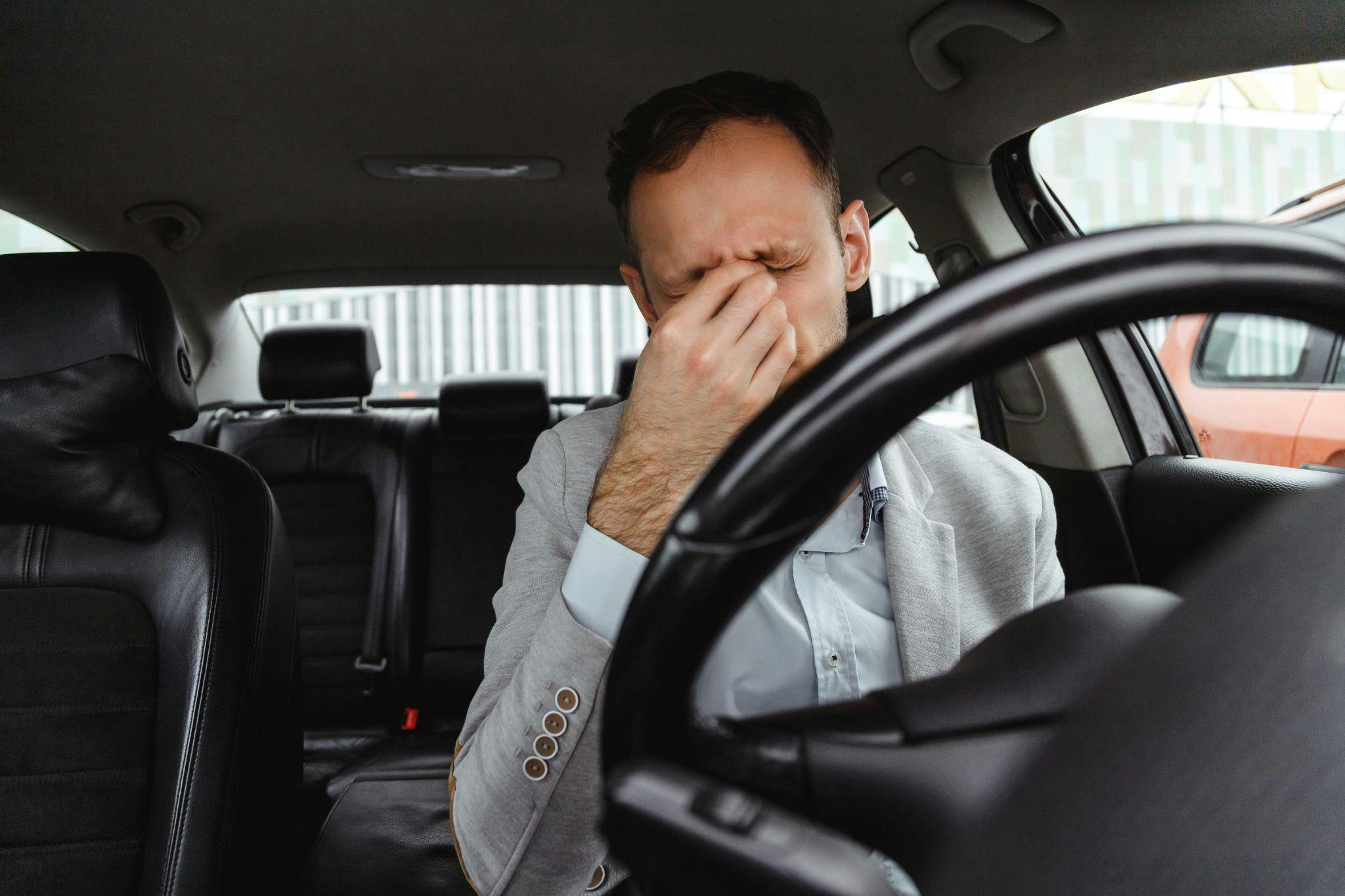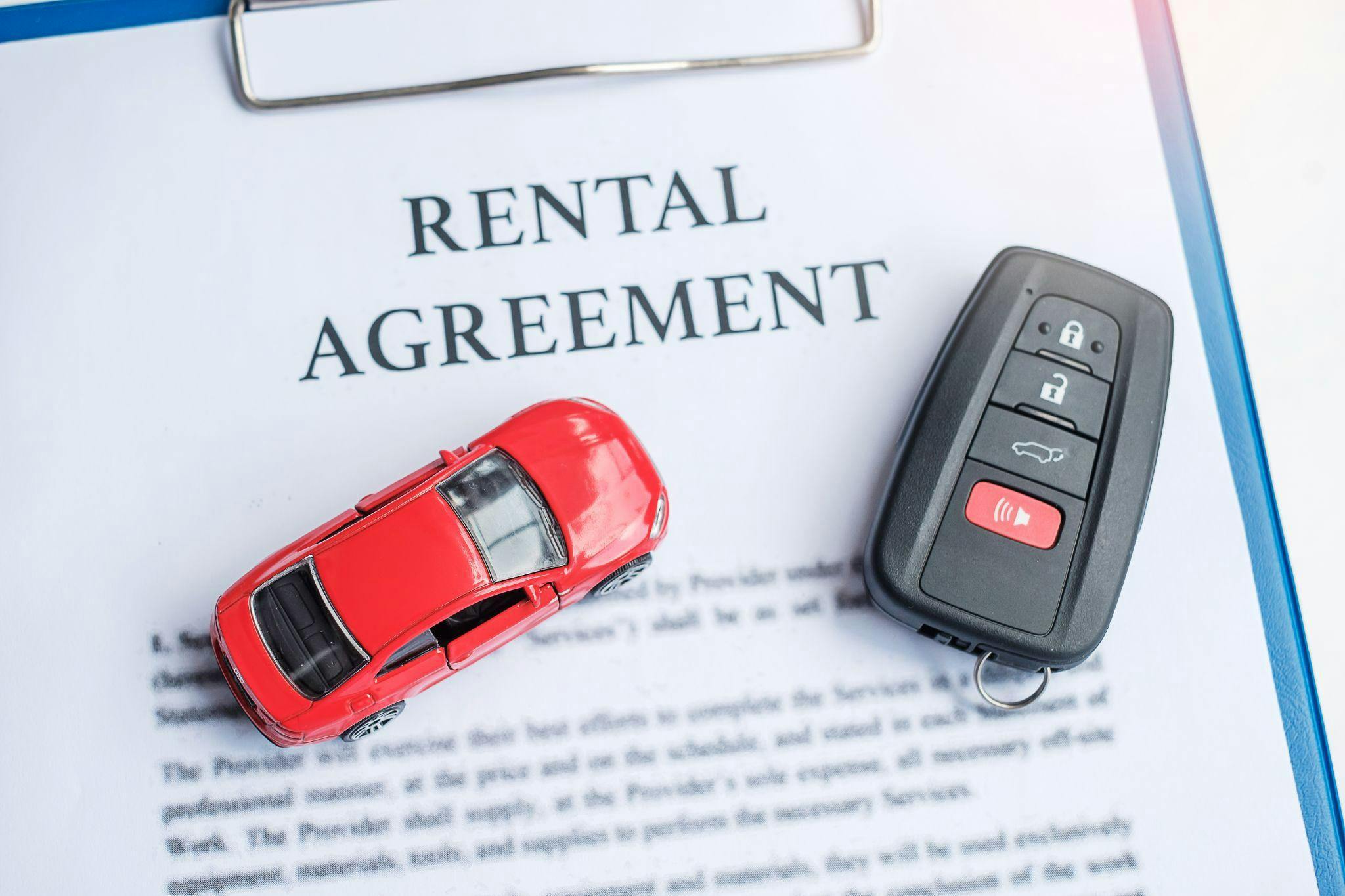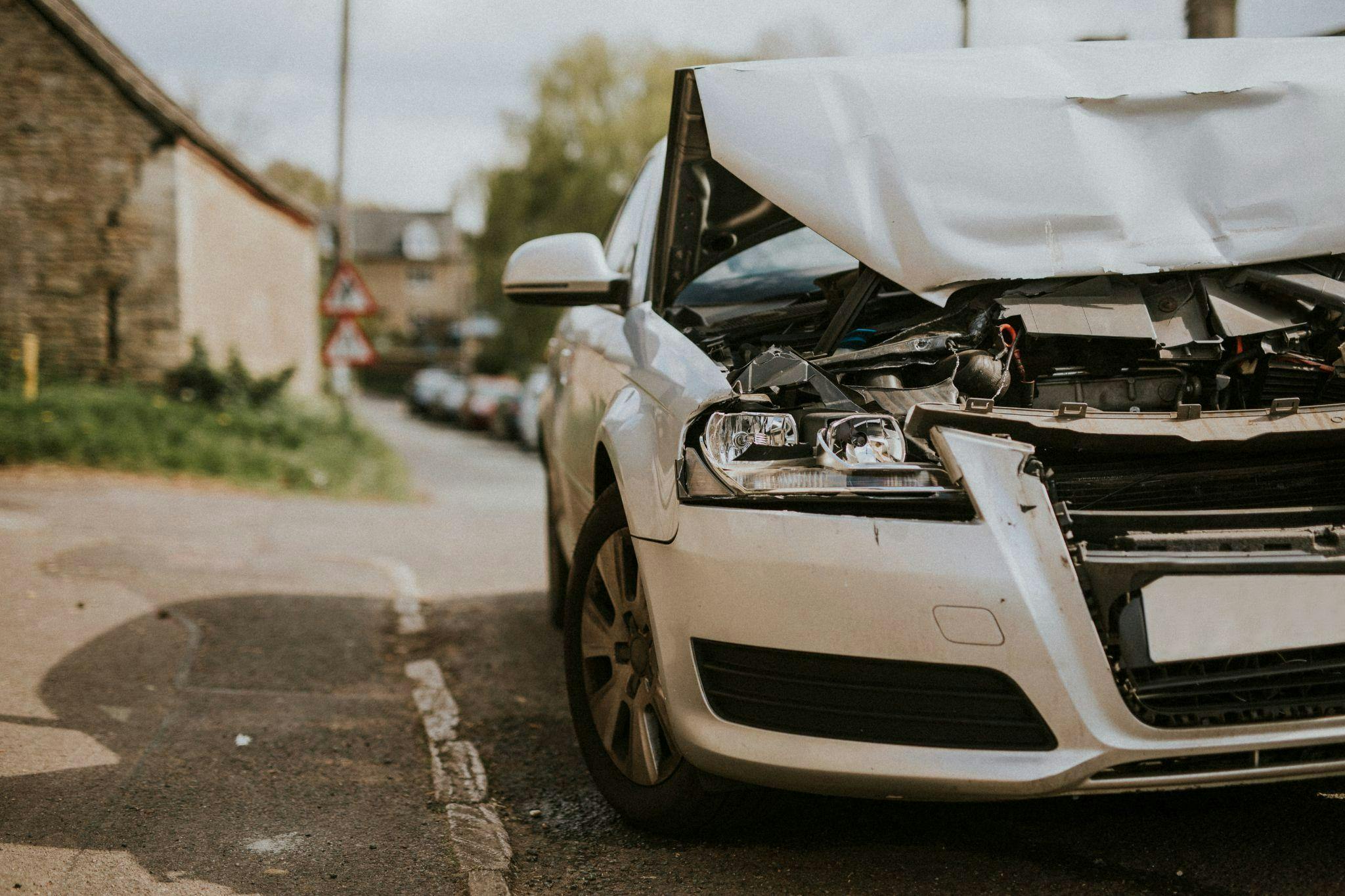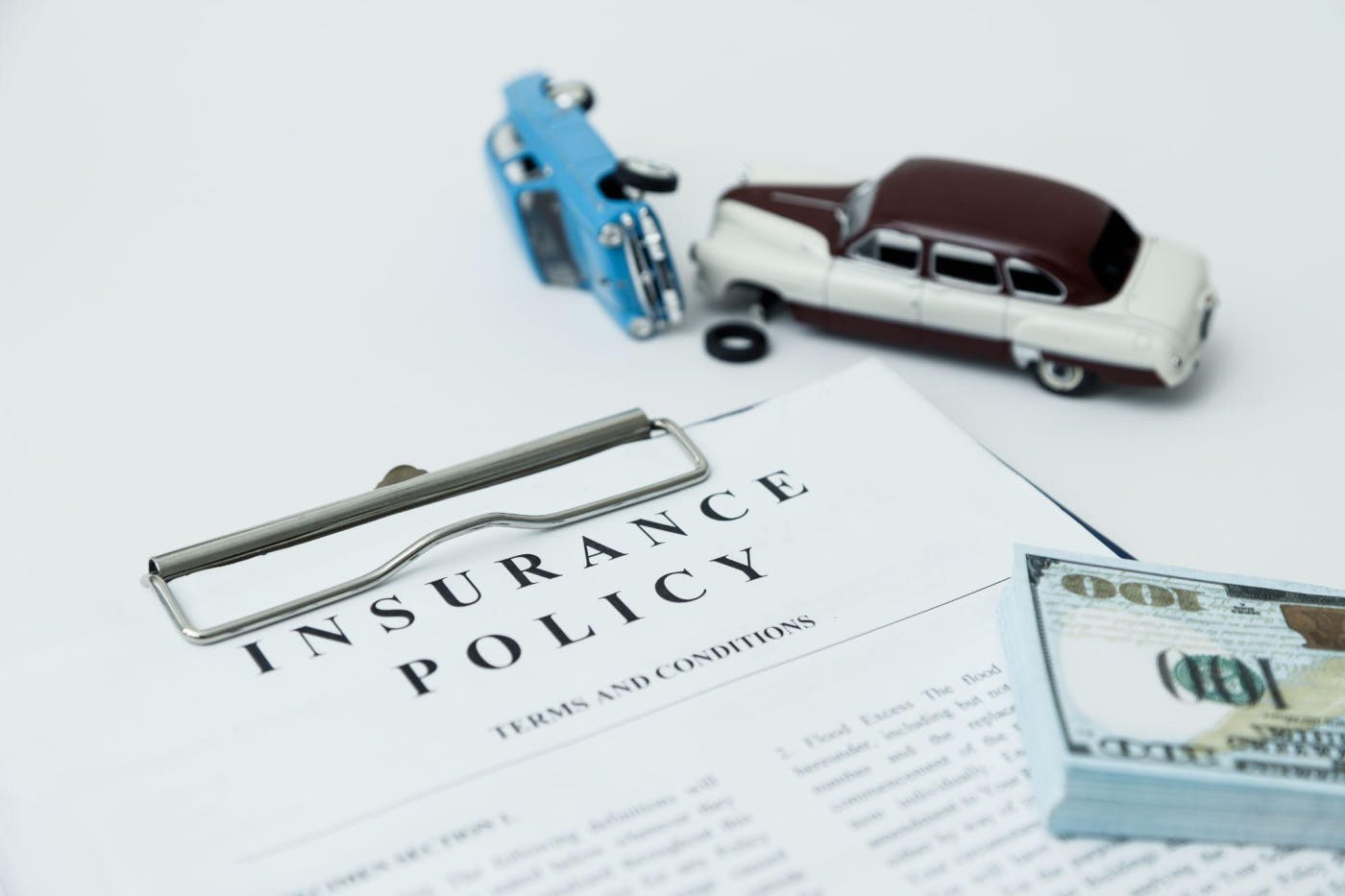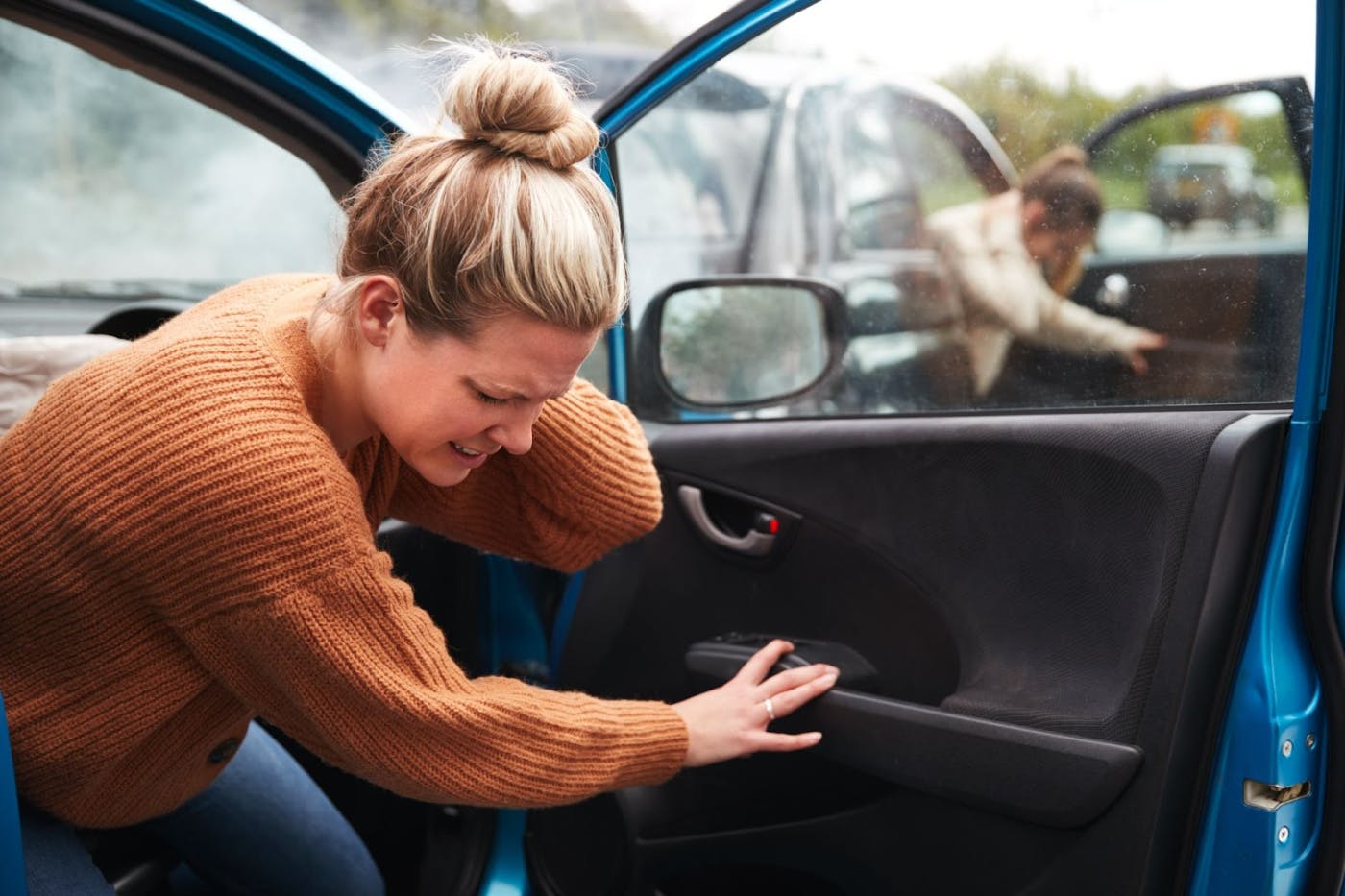10 Common Causes of Car Accidents
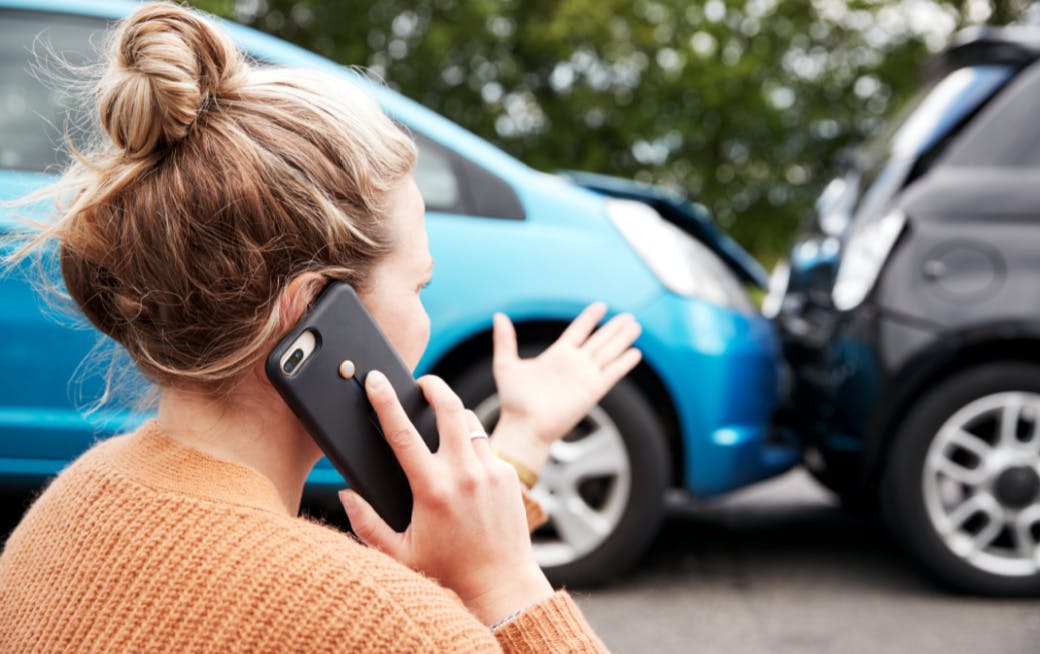
Car accidents can happen for a variety of reasons. From drunk driving to bad weather to unsafe roads, countless hazards can lead to a crash. That doesn’t mean you can’t take steps to prepare, though.
To help you avoid dangerous driving habits, here are ten of the most common causes of car accidents.
1. Distracted Driving
Distracted driving is the #1 cause of car accidents in the United States—ahead of drunk driving, speeding, and every other danger. Common causes of distracted driving include:
- Using a cell phone
- Talking to passengers
- Eating
- Drinking
- Fiddling with the radio
- Personal grooming, such as styling hair or applying makeup
- Zoning out
- Daydreaming
These habits may not seem all that dangerous in the moment, but anytime you’re giving your attention to something other than the road, the chances of an accident skyrocket.
2. Intoxicated Driving
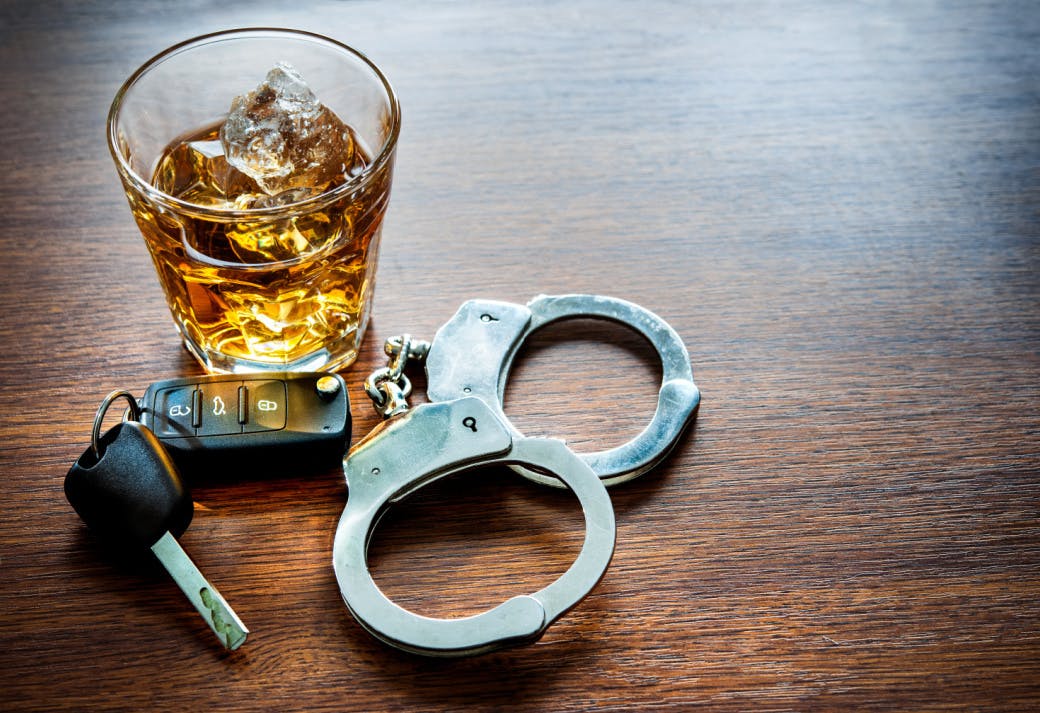
There are plenty of reasons why intoxicated driving is illegal. Intoxication impairs your judgment, reaction time, and general driving skills. This is true regardless of whether you’re intoxicated by alcohol or drugs.
You should never get behind the wheel if you’re under the influence of an intoxicating substance. Even certain prescription medications (such as sleep aids) are dangerous to use while driving.
If you ever have any doubts about whether you’re capable of driving safely, stay where you are or let someone else drive you.
3. Speeding
Speeding may feel good, but it also means sacrificing control and reaction time. The faster you drive, the easier it is to end up in an accident. Accidents caused by speeding are also more likely to lead to severe injuries since at least one of the vehicles involved in the accident is probably moving at a high speed.
Getting somewhere a few minutes faster is never worth the risks. If you decide to break the law and speed, a traffic ticket may be the least of your worries.
4. Reckless Driving
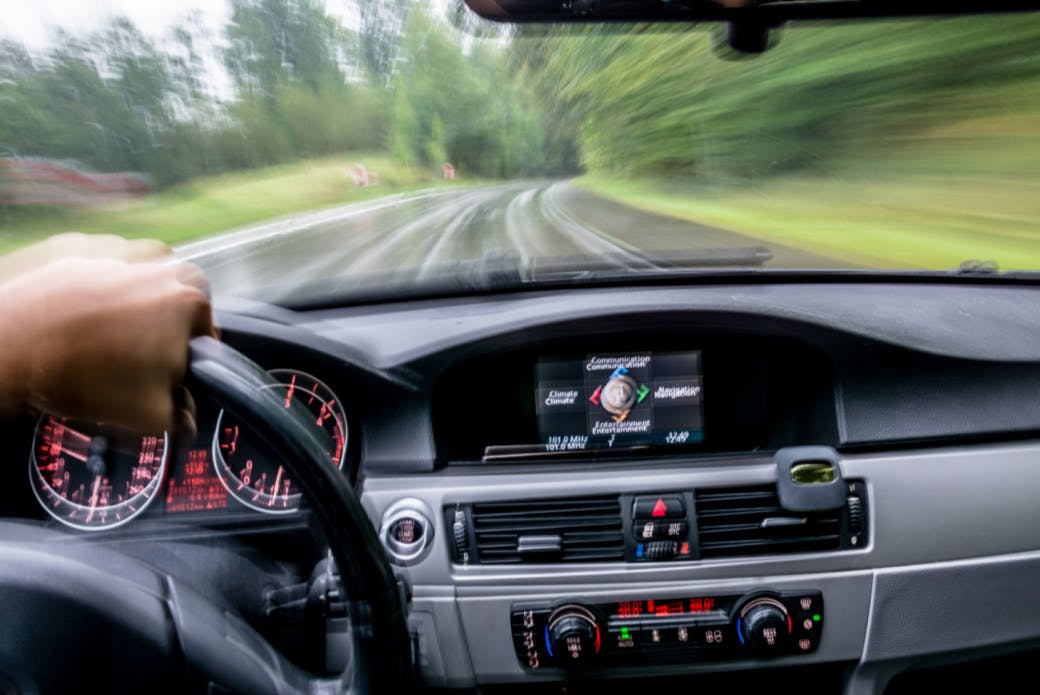
Reckless driving can mean:
- Disregarding traffic rules and signals
- Excessive lane changes
- Swerving
- Tailgating
- Brake checking
This type of behavior is always irresponsible and dangerous. Worse still, reckless driving is often a symptom of some other underlying problem, such as intoxication or road rage.
5. Running Red Lights and Stop Signs
According to the National Highway Traffic Safety Administration (NHTSA), approximately 40% of all car accidents happen at intersections. As you might guess, drivers running red lights and stop signs are a major factor in most of these accidents.
6. Drowsy Driving
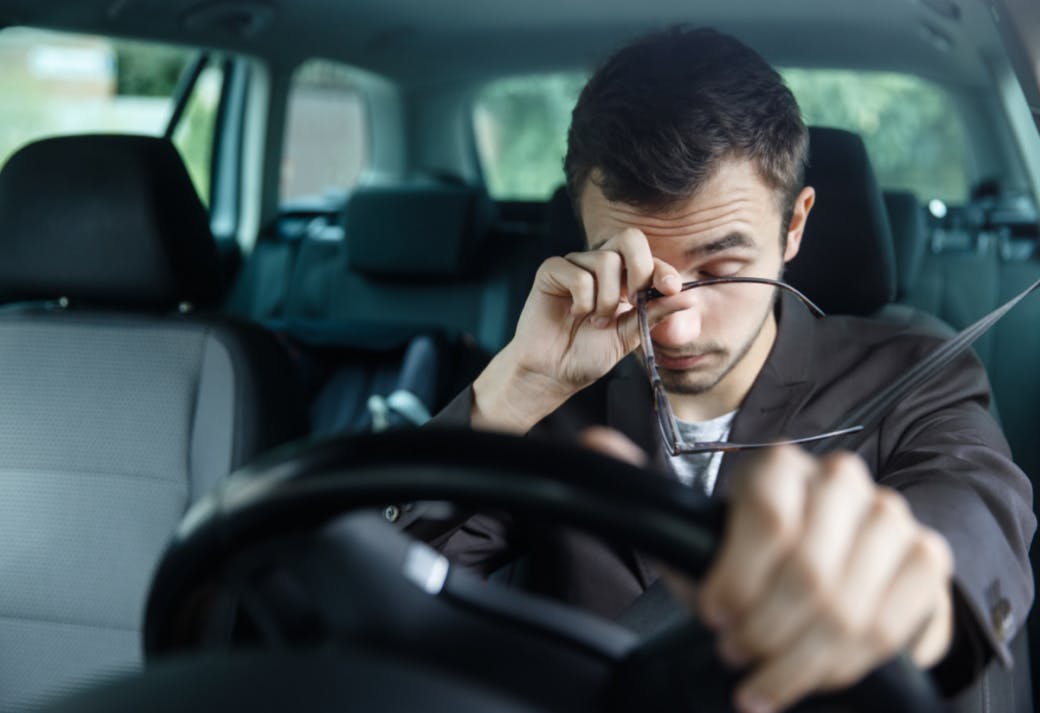
Drowsy driving can be just as dangerous as drunk driving. Just like intoxication, drowsiness and fatigue can cause:
- Poor focus
- Blurred vision
- Slower reaction times
- Impaired judgment
- Reduced coordination
In fact, drivers who have been awake for 20 hours typically exhibit the same symptoms as a person with a blood-alcohol level of 0.08%—the legal limit to drive in most states.
7. Weather Condition
Not all accidents are caused by human error. (Or at least, not just human error.) Weather can also play a role. A variety of weather conditions can lead to slippery roads or reduced visibility, such as:
- Rain
- Snow
- Ice
- Fog
- Storms
Always keep an eye on the weather before driving. If things look too risky, consider staying home.
8. Night Driving
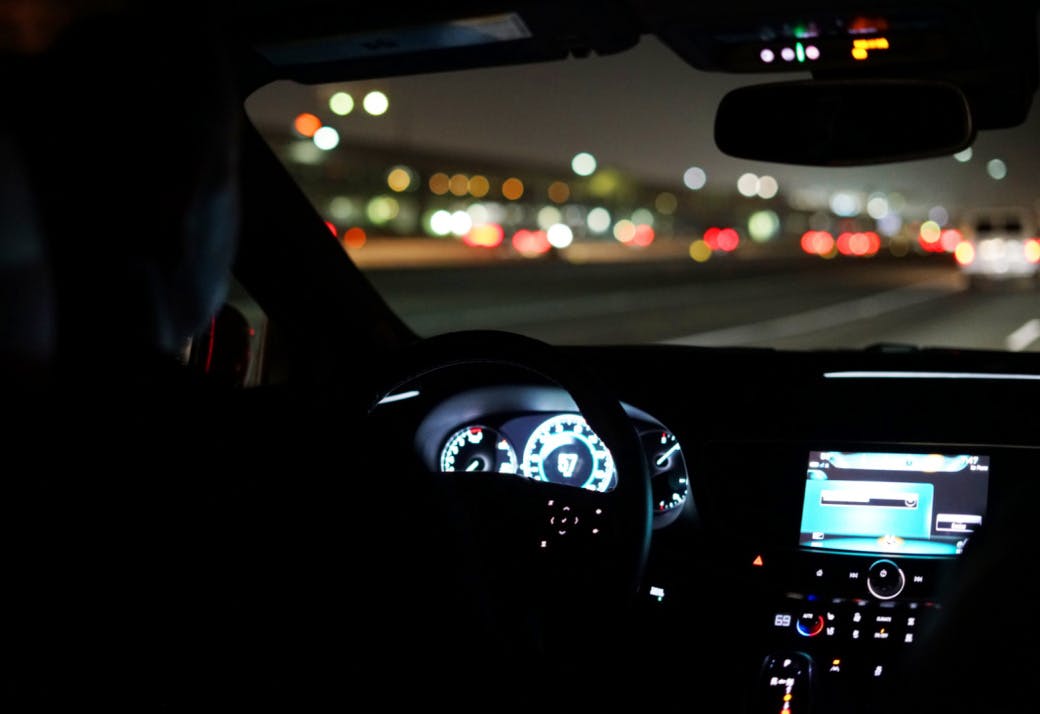
Driving at night presents several unique risks for drivers. These include:
- Reduced visibility due to darkness (and possibly fog as well)
- Blinding headlights from other vehicles
- More animals active and crossing roads
- Increased chances of drowsy driving
When driving after dark, stay alert and be aware of your surroundings.
9. Vehicle Defects
Vehicles are made up of hundreds of parts. Many of these parts are essential for safe driving, and a malfunction can create a dangerous situation. For example, if a tire bursts or your ABS brakes fail, you could lose control of your vehicle
(If this has happened to you, you may be able to pursue a product liability claim against the manufacturer of the faulty auto part.)
10. Road Hazards
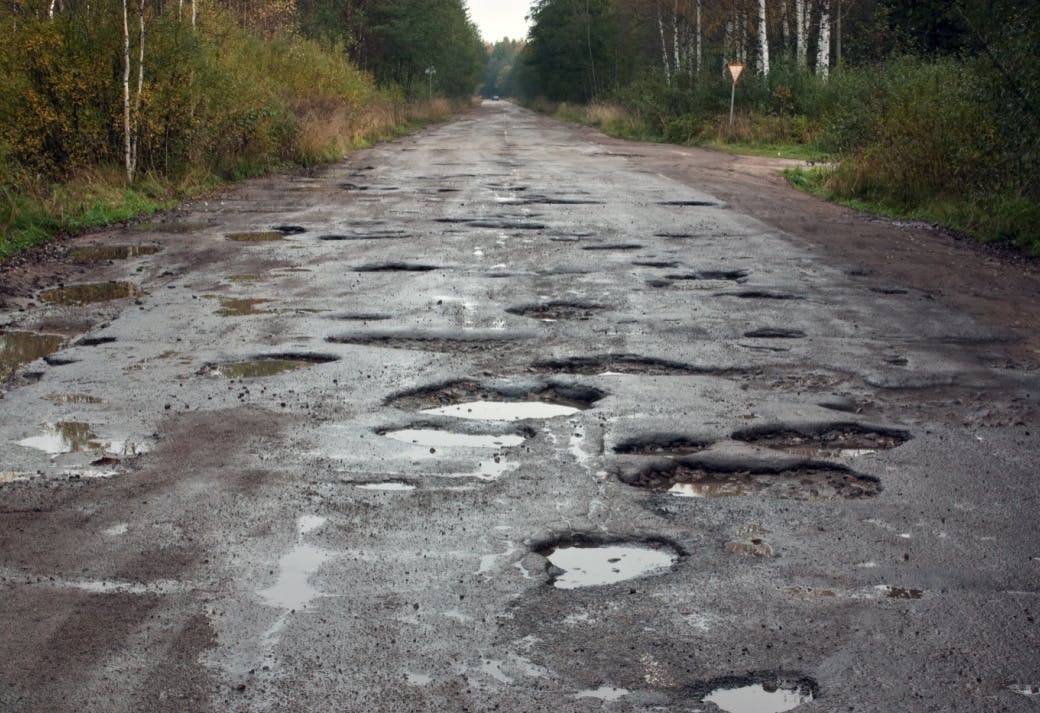
The road itself can present numerous hazards, such as:
- Unrepaired potholes or cracks
- Rough pavement
- Gravel
- Construction sites
- Faded road markings
- Uneven lanes
- Damaged or destroyed signs and lights
Avoid hazardous roads whenever possible.
Have You Been Injured in an Auto Accident?
If you or a loved one has been injured in an auto accident, you may be entitled to compensation—and we can help you get it.
At SiebenCarey, we’ve helped thousands of injury victims get the financial support they need in the aftermath of an accident. Just contact us, and we can:
- Evaluate your case
- Answer all your questions
- Investigate the details of your accident
- Build a solid case on your behalf
- Help you recover every dollar of compensation you deserve
Best of all, we work on a contingency fee basis, so unless you win your case, you won’t owe us a dime.



